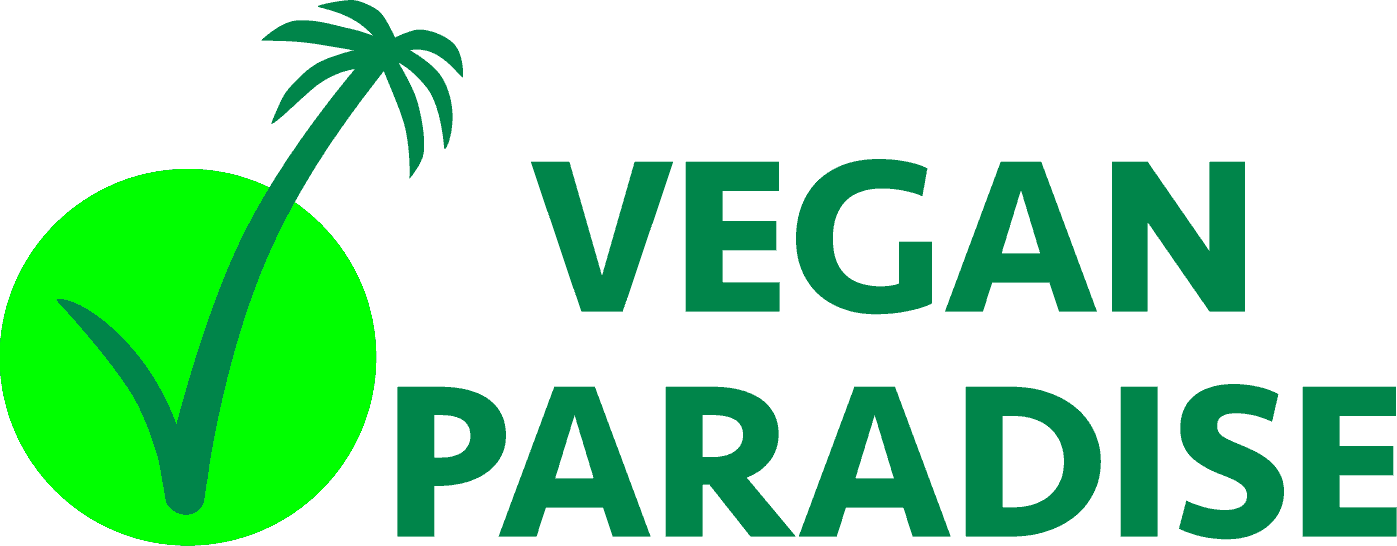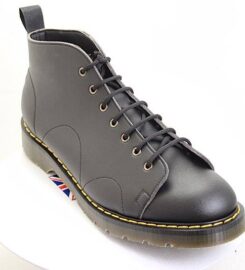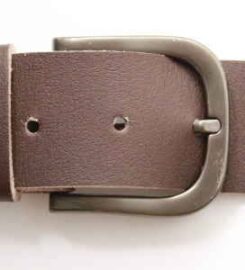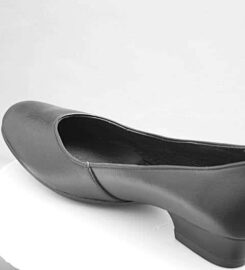….is a checklist of ethical “areas of concern” applied to companies, and this page tries to apply it to Veganline.com in case anyone ever asks about this stuff, or wants to see an “environmental policy”, and maybe just see the gaps; the low scores. For a couple of hundred pounds, Ethical Consumer will repeat this work and publish.
✔ – probably score well
✘ – probably score badly
☐ – probably not applicable
Ethicsore uses a nobbly set of concerns that no one person is going to agree with. It doesn’t mention social security. It’s based on opposition campaigns: there is a boycott call on China which looses “a whole point”, but not Vietnam There’s one against just about every way of generating electricity.
Veganline.com/info/why-made-in simply lists scores for each country where our shoes are made for human rights, democracy, health and education spending, and a link to the social security system in each country.
At the other extreme are lists from Ethical Trading Initiative set-up by large importers and civil servants, which are more dull. All such scores tend to ignore the firms making things in Europe under EU law that are way-ahead of anything a well-scored multinational can achieve.
Animals
Veganline.com sells only vegan products, which saves checking fifty-plus sub-bullet-points. The strictest vegans or the most emotive ones wouldn’t enjoy going round leather shoe factories, but we can tick the box.
We have a page copying the “Livestock’s Long Shadow” environmental report’s introduction and a general statement about leather.
The current supplier of microfibre for vegan boot and shoe uppers is certified:
Oeko-Tex® Standard 100 class I.
REACH Regulation 1907:2006 (Concerning the registration, evaluation, authorisation and restriction of chemicals).
WE are working on a cheaper method for replacing Tredair soles and can refer customers to a cobbler to replace them.
We are a home-based business, in a building that meets all recent environmental recommendations except adding extra insulation to non-cavity walls, which is expensive. Otherwise, the system saves commuting costs and energy use.
We use recycled layers of packing to protect shoe boxes when we post, in case they are returned and we can re-use them. The paper is usually Amazon packing paper from nearby bins, and the address is usually in a recycled window envelope. Our suppliers use cardboard boxes cut to standard shapes and designs for efficient use of corrugated cardboard, which is made from recycled pulp.
We use one of the cheapest web hosts available, which happens to make environmental reports.
Energy use “less than 27% of the most common servers”; air conditioning “approved by the energy star board”, and an un-quantified offset via International Tree Foundation. The firm is good at running near full capacity and rationing server use, as you’ll notice about once in six months when the screen goes white and a message says “too many requests”. Cloudflare, which provides our free secure server certificate, boasts carbon offset certificates to match server and office energy use worldwide since 2019.
Our country pages report CO2 emissions per unit of electricity in each country, and each product is linked to a country page. CO2 per country is compared to electricity use for each country, to make a number that’s easy to look-up and check. There are more subtle figures for CO2 per KWh used in the grid in each country which we may report if easy and clear.Shoes made closer to us have less far to travel, using less fuel and CO2; we don’t put a number on it.
22 suspect AZO dyes were banned in the EU at the last look.Volatile Organic Compounds evaporate from glue at home or in repair shops when it dries. There are EU rules on larger scale use of volatile organic compounds in glues.
Leather pollutes All our nonleather footwear is covered by The Footwear (Indication of Composition) Labelling Regulations 1995 as well as our own stricter standards. We don’t stick a label on, as the word “vegan” covers it, but anything like slippers or wellies that comes to us from the mainstream has a composition label on it when it arrives here.
Plastic in our soles and wellies is an issue.
These are all durable objects that last for years, and the Tredair range is repairable to last even more years, so the volume is next to nothing compared to any household’s plastic rubbish in a week.
Plastics are the ones chosen by UK industry before a massive contraction under 1980s – 2000s economic policies so there isn’t much choice of supplier or tooling; we have to use 1980s technology if we want to keep UK manufacturing in business, which is a higher priority for us.
Ethiscore refers us to campaigns by World Wildlife Fund and Greenpeace, which are mainly about disposable plastic and fishing nets ending-up in the sea. Most shoes end-up in landfill, and if they’re dropped in the sea it’s hard for a fish to get stuck in them or swallow them
Ethical Consumer write: “all clothing and footwear companies lost a whole mark under pollution and toxics unless: they used 100% sustainably sourced materials (i.e. organic, recycled, cotton sourced under the Better Cotton Initiative, or chromium-free leather); or were listed as a leader in the Greenpeace Detox campaign; or had aturnover of less than £10.2 million and were providing an environmental alternative.
Some companies partially met these criteria, or were signatories to ZDHC (Zero Discharge Hazardous Chemicals), and lost only half a mark.”
So veganline.com loses a mark but might get it back again for having a low turnover, if microfibre counts as a sustainably sourced materal – see below.
About wild animals, green belt, and the equivalent in countries that were once jungles. Likewise…
A new Human Rghts Index rates each country with a score. We’ve written it on a country page and linked each product made in that country to that page. A simple idea that other shops ought to try.Ethicscore now deducts points for “Non-disclosure of country of origin in sector where sourcing from oppressive regimes is common”; a nifty idea. Talking of which, our flipflops are probably made in China, the butterfly-shaped pads we can send with mens’ shoes to make them fit women are made in China, but those are exceptions and anyway you’ve got the score page to check.
Publishers and distributors of pornography lose a point on their score, and Veganline’s boots were used in a short film called Prison Break by UK Naked Men. No known human rights were breached and, anyway, we are not the publishers or distributors.
Social security systems like health insurance, unemployment pay and basic pensions are sometimes provided by employers in sweatshop countries and would earn extra points under “workers rights” and maybe a label like Fairtrade. Veganline’s shoes are made in countries with social security systems for everyone, including those who aren’t working or those who work for the worst employer. It’s easier to walk-out of a bad job if there’s social security. The paragraph is under “human rights” because social security systems were declared a human right in the 1940s, but the rich people who control poor countries didn’t agree, unfortunately.
Social security systems reduce the birth rate and the number of people in desperate poverty. This in turn reduces the number of people willing to work for the worst employers, so social security systems belong under “human” and “workers” headings.Goods made on slow cycles of design put less stress on the staff. Anyone supplying a sudden rushed order will be forced to get maximum overtime from factory staff or to use extra subcontractors or both. Bad working conditions follow, just as CO2 emissions from airfreight follow when the rushed order is sent.
Shoes are made under EU compatible law for employment and discrimination except in Albania where the factory management is based in Italy but the factory is not. The Albania country pages list some detail. Discrimination against gay people is a problem at the moment in Albania.
Products are made in countries with a social security system (except if they’re not, like belt buckles and flip flops but the rest are). Countries with social security systems are less likely to have a large growing population, so there’s less pressure to work at any cost.
The only way to do this for free is to buy from countries where the government does it, at least to the low standards listed like “freedom of association”. Veganline.com does this. The section reads as though it’s designed for someone importing from Asia or Africa, and the introduction says that it’s for importers.
About food, drink, tobacco, and fashion advertising on models. Not applicable to Veganline.com – nor the point below because we haven’t had a military order yet. We do have some tools for making boots as worn by fighter plane pilots, but we don’t have space for a lasting machine and cutting presses to make the boots.
People – social security – health services – education servicesIf you look out of your window in the UK in late 2020 you might see a sign in support of the NHS, but economists are silent about this, and about dole and other benefits or even free education. That’s because – well – some reason or other. Ethiscore has nothing to say either.The point of difference between posts in the internet is whether social security comes before prosperity in a country, or whether it comes after as a kind of prize for being prosperous, which has to be given-up again if a country is un-competitive. Someone who thinks that social security, health, and education always come after prosperity would want to buy goods from “developing countries” which have not yet got the turnover of T-shirt manufacturing to pay for an NHS or old-age pensions. Someone who thinks that these things usually have to come before prosperity in a country will want to reduce purchases from badly-run countries and maybe even have a tariff until they get better.
Bangladesh has a very low proportion of government spending on social security of health. The government there prefers to spend it on export subsidies, to raise factory turnover. At the same time, factory wages have fallen as population of poor Bangladeshis has risen. This is likely to happen in a country where girls leave school very young and families benefit from having a lot of children to support them in old age. This is what happened in the UK among the poor, even at the same time that industry built-up and huge numbers of people found new prosperity. So, if other countries are like Victorian Britain, a lot of them will have trouble raising factory wages and introducing things like healthcare, until it becomes compulsory and other countries reward that with a tariff or by the choices that consumers make.




